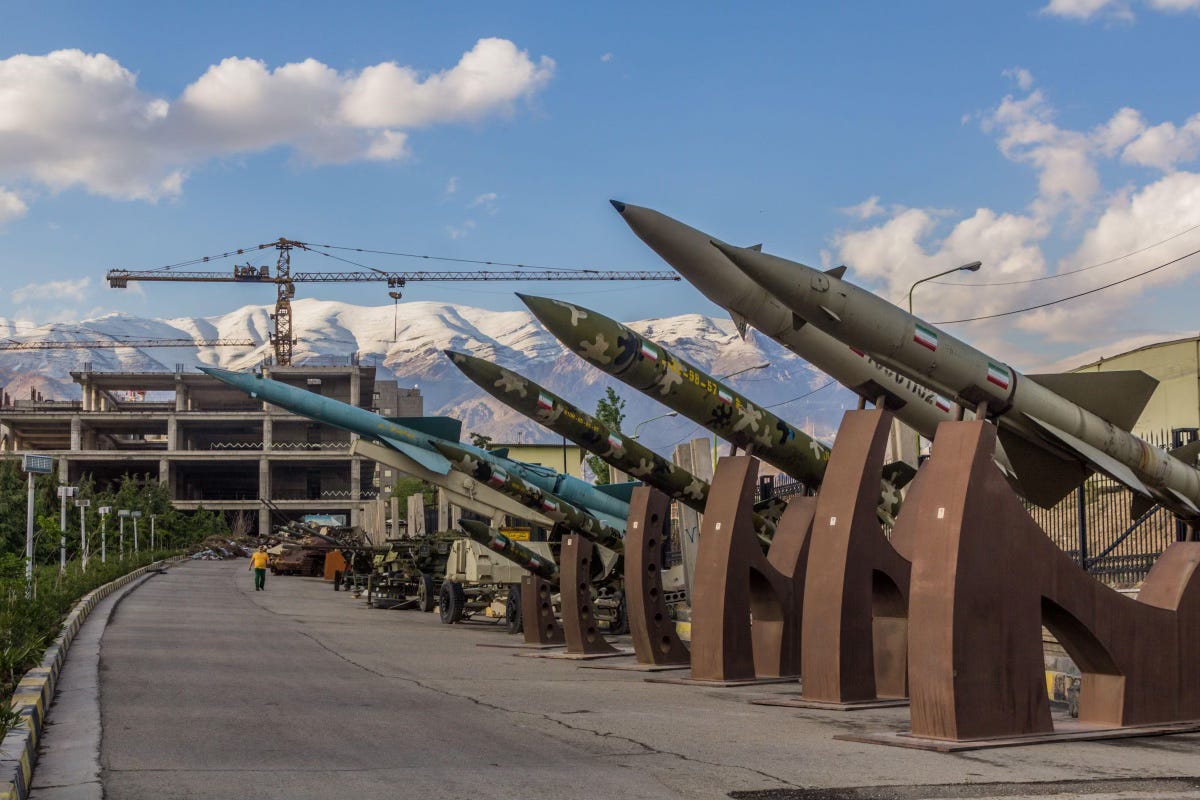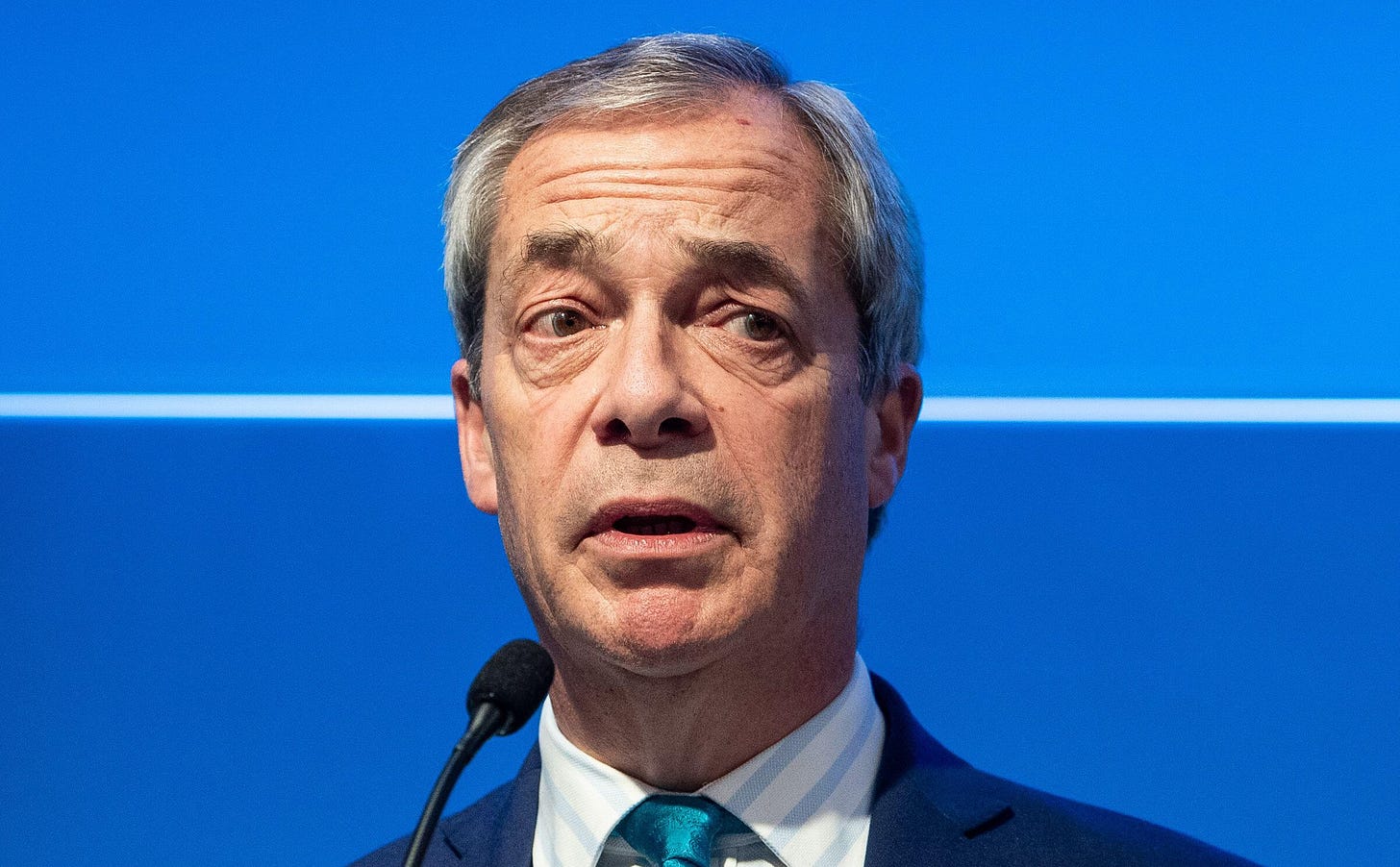
Donald Trump has surprised the world by announcing that the US will hold “direct talks” with Iran this Saturday in Oman over a new nuclear deal. He’s been equally keen to stress just how high the stakes are: “If the talks aren’t successful with Iran, I think Iran is going to be in great danger,” said the US President, who has repeatedly warned that Tehran must sign a new nuclear deal or face military strikes.
When asked this week by Axios if he was prepared to use military force to destroy Iran’s nuclear program, Trump avoided directly answering the question, simply saying: “You know, it’s not a complicated formula. Iran cannot have a nuclear weapon.”
What can we expect to unfold this weekend, between two countries that have long been foes and have not had diplomatic relations since the 1979 Islamic Revolution?
A US delegation will be led by Middle East Envoy, Steve Witkoff, an old friend of Trump’s and former real estate mogul, who has been credited as the man largely responsible for persuading Israel to agree to the original Gaza ceasefire.
Though we’re hearing contradictory statements about the format of the talks Witkoff will be participating in: while Washington claims they’ll be “direct”, Iranian foreign minister Abbas Araghchi described them as “indirect”, suggesting that Omani mediators will be passing messages between the sides. He did, however, confirm they are taking place on Saturday, adding: “It is as much an opportunity as it is a test. The ball is in America’s court”.
As a reminder, the longstanding goal here for the US, and its allies, is to curb Iran’s ability to build nuclear weapons.
Back in 2010, the US, EU and UN imposed crippling sanctions on Iran, in response to suspicion that the Iranian regime was using its nuclear programme as a cover for developing a nuclear bomb.
Five years later, Iran signed a deal with an Obama-led US in which it agreed to limit its nuclear activities and allow inspectors from the International Atomic Energy Agency (IAEA) into the country in return for sanctions relief from the US, alongside the UK, France, Germany, Russia and China.
But, in 2018, first-term President Trump withdrew from the deal, claiming it was insufficient to stop Iran building a bomb.
Since then, Iran has continued to produce enriched uranium, with the IEA warning in February that it has stockpiled enough by now to make several nuclear bombs.
All of which means that the announcement of a new round of nuclear diplomacy is a significant development. Though any talks are likely to be long and difficult.
Could Washington achieve its goal of persuading Iran to dismantle its nuclear weapons programme through diplomacy alone?
There is a precedent for this: diplomatic pressure was enough to persuade Libya agreed to dismantle its nuclear, biological and chemical weapons programmes in 2003.
Though a senior official at Iran’s foreign ministry told BBC Persian on Tuesday that it would never agree to dismantle its nuclear programme, insisting that the “Libya model” would never be part of any future negotiations.
If diplomacy fails, what next?
War, we are warned, though it’s hard to know exactly what that means.
There are divides within the MAGA camp over how to handle Iran.
When it comes to the “bombs v diplomacy” debate, Witkoff and Vice President J.D Vance both believe that a deal with Iran is possible and preferable, according to sources who have spoken to Axios.
And, during an interview with Tucker Carlson – who himself has slammed the “suicidal” neocons for their alleged Iran war-mongering – Witkoff said there was “a real possibility” of getting a “verification program” to ensure Iran isn’t developing a nuclear weapon.
Others in the administration, including national security adviser Mike Waltz and Secretary of State Marco Rubio, are said to be less optimistic about the chances of a deal and more supportive of military action.
Where exactly does the US president fall on this spectrum?
While Trump hasn’t shied away from threatening Tehran with strikes, commentators claim that he aligns more with the dovish camp who believe a diplomatic solution is possible.
Exactly what action Trump would be prepared to resort to, is hard to say. If the tariff chaos of the last fortnight has taught us anything, it’s that there is little point trying to second guess Trump by looking at what he did during his first administration. We are dealing with a far more unbridled US president this time round.
Caitlin Allen
Deputy Editor
Adam Boulton
As The Great Gatsby turns 100, Trump’s America gives it special resonance

READ HERE
Gerald Warner
Emasculated Reform has lost the plot

READ HERE
Global markets stabilise – After days of post-”liberation day” market turmoil, US stocks rallied today, and European and Asian markets have stabilised too. This is despite China vowing to “fight to the end” after Donald Trump threatened yesterday to impose a further 50% tariff on China if it did not reverse its plan to enforce a 34% retaliatory tariff on the US.
Chinese troops captured by Kyiv – Ukrainian forces have captured two Chinese nationals who were fighting for the Russian army in eastern Ukraine’s Donetsk region, President Volodymyr Zelensky announced today. The Ukrainian president said intelligence suggested the number of Chinese soldiers in Russia’s army is “much higher than two”.
Britain’s productivity crisis – The UK has suffered an “almost unprecedented” plunge in productivity over the past five years, according to a new Resolution Foundation report. GDP per head slumped by 0.5pc between 2019 and 2024, marking the second biggest drop since the 1970s, beaten only by the financial crisis period.
Post-war Gaza – France, Egypt and Jordan have said that the Palestinian Authority, which administers the West Bank, must govern post-war Gaza. This comes as humanitarian organisation, the Palestinian Red Crescent Society, says that a group of 15 medics and rescuers killed in Gaza last month by Israeli forces were shot in the upper body with “intent to kill”.
-
Elon Musk appealed to Donald Trump directly to reverse the tariffs but was ultimately unsuccessful, reveals the Washington Post.
-
Hillsborough families call for an “all or nothing” law, as Labour is expected to break its pledge, reports The Guardian.
-
CapX examines the implications of young men today being starved of role models.
-
Arctic sea ice hit a record March low, as global powers eye shipping routes, reports The Financial Times.
-
Amid domestic upheaval and international tensions, Engelsberg Ideas investigates why South Korea’s crisis could be a geopolitical catastrophe.
